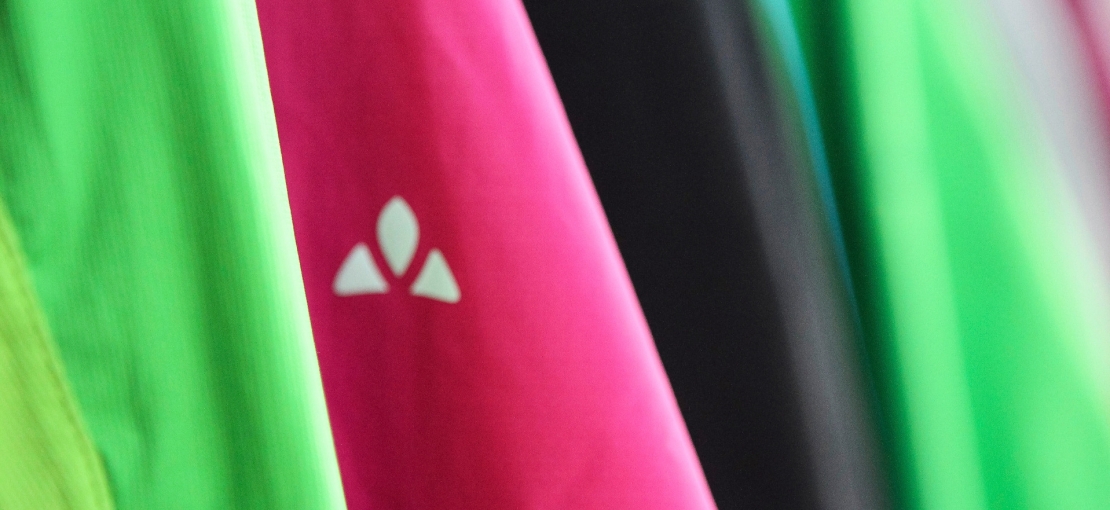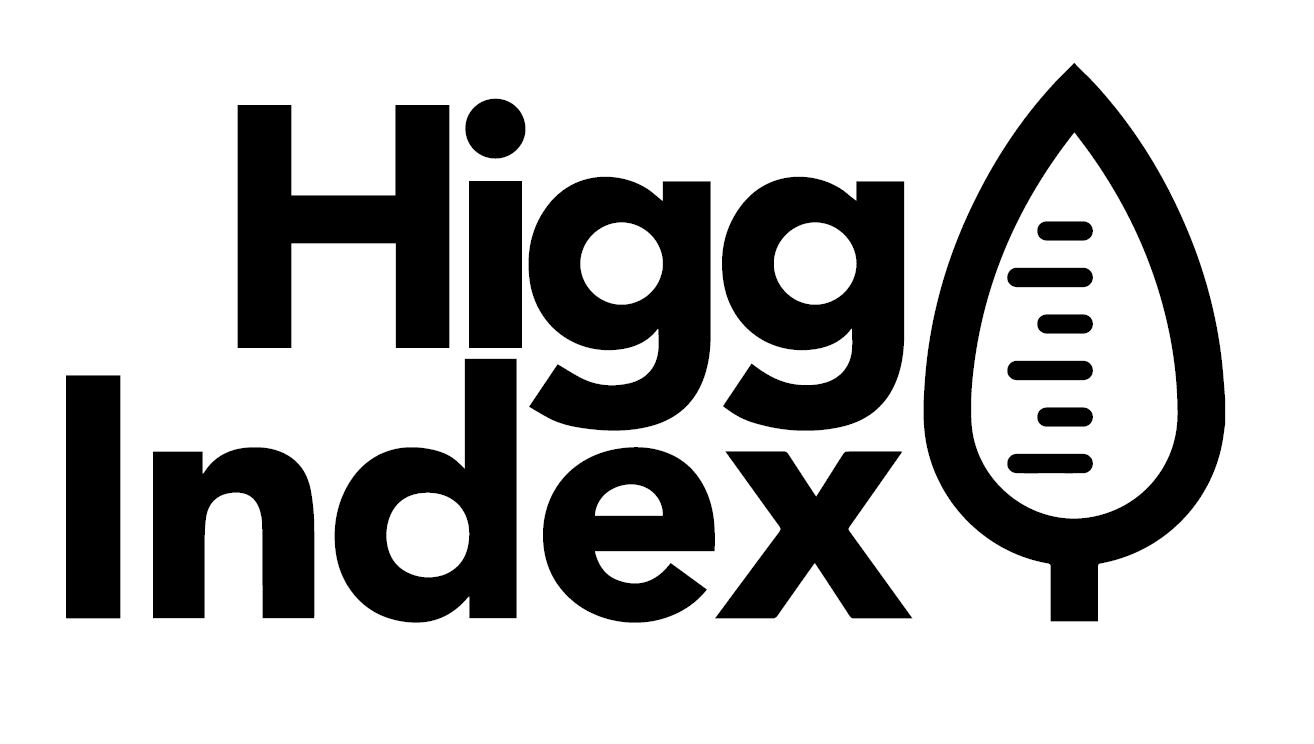How do you measure the sustainability of a supplier or a product? Good question. You have to take a lot of very complex environmental and social issues into consideration along the entire life cycle of the product.
In our globalized world, the division of labor in the value chains makes work processes efficient, but often also opaque.
Aware of the fact that there is a need and that we're all in the same boat, several companies in the textile industry and many organizations from civil society, academia and research have joined together to develop the Higg Index under the auspices of the Sustainable Apparel Coalition .
The Higg Index is a modular, web-based methodology for measuring the sustainability of sporting, outdoor and fashion apparel and shoes. Currently, it is a purely voluntary instrument that’s being tested within the industry.
VAUDE is actively involved in the development of this index. We are currently testing modules relating to the ecological and social sustainability of the brand and our supply chain.
Many of our suppliers are working with us in the Higg Index database. This is making it possible for us to see where we stand in comparisons within the industry, where action is needed and what kind of successful improvement there has been.
For us, the strategic importance of the Higg Index is that it broadly covers the international textile branch and can actually become a uniform rating scale for the whole industry.
With this information, customers could recognize how sustainable each outdoor product is compared to others and make well informed purchasing decisions.
Thus far, VAUDE has had excellent ratings in comparisons on the Higg Index. Soon it will become even more interesting when, for the first time, the module will be used to measure the sustainability of individual products. We're looking forward to it.









